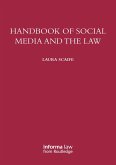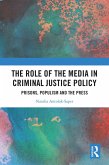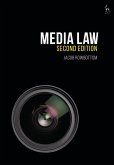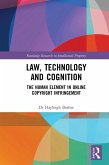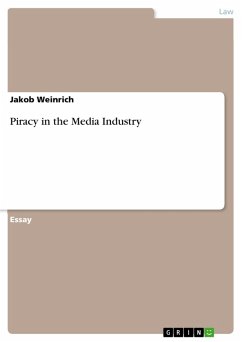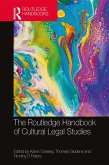Media law is a fast-developing area of scholarship that raises many high-profile and controversial questions. Recent issues include the use of privacy injunctions, the regulation of the press, the political power of media moguls, mass leaks of government information, and the responsibility of the digital media to prevent the spread of extreme content and fake news. This study looks at these issues and the key debates in media law. The book includes chapters examining the protection of personal rights to reputation and privacy, the administration of justice, the role of government censorship, the protection of the newsgathering process, the regulation of the media and the impact of digital communications. The analysis is grounded in an account of media freedom that looks at the important democratic functions performed by the media and journalism. Examining various key themes, this study shows how those functions continue to evolve in a changing political culture and also how the media are subject to a range of legal and informal constraints. The book asks whether the law strikes the right balance in protecting media freedom while preventing the abuse of media power, and considers the future of media law in the digital era. It is essential reading for students and scholars of media law alike.
Bitte wählen Sie Ihr Anliegen aus.
Rechnungen
Retourenschein anfordern
Bestellstatus
Storno



